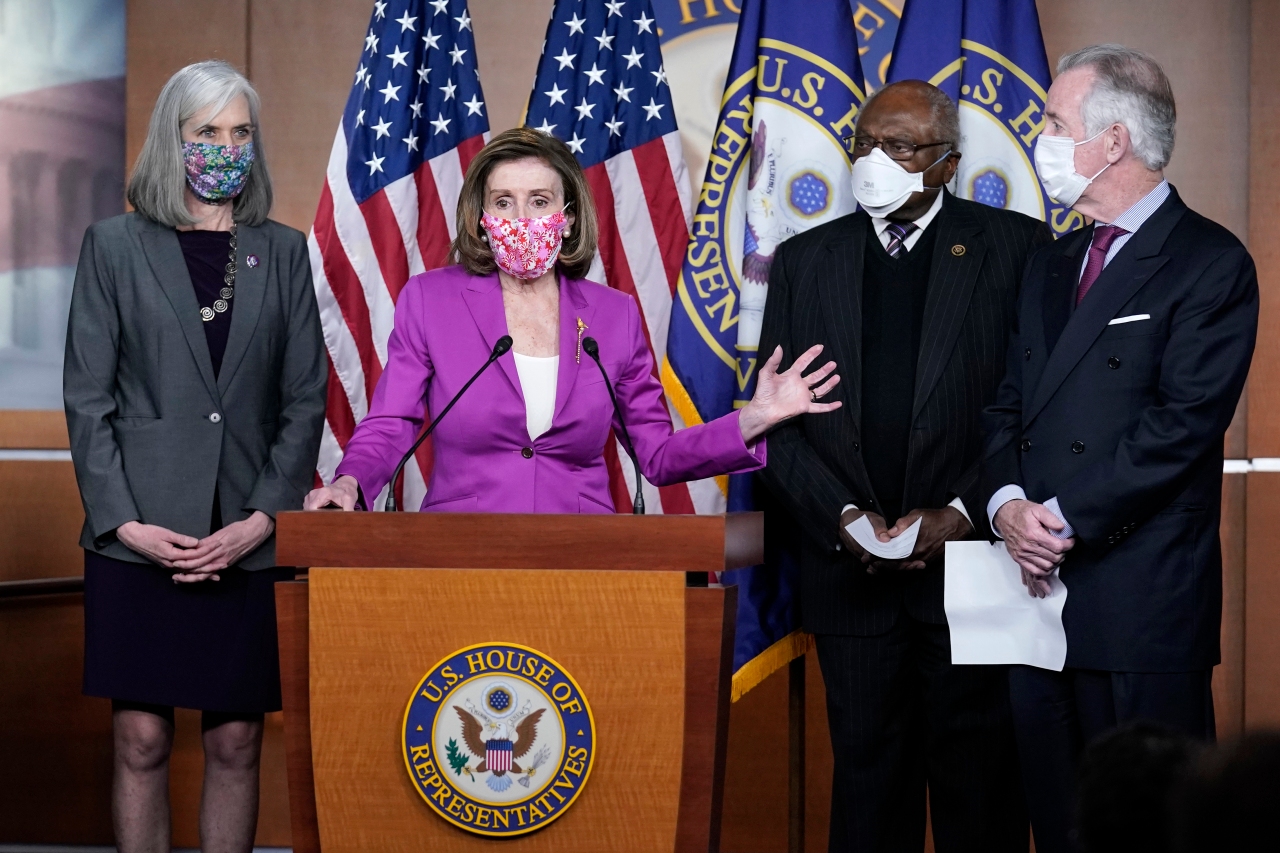Zachary Halaschak

Labor unions could be big winners if Democrats’ proposed multitrillion-dollar infrastructure and social spending package goes through.

While the Protecting the Right to Organize Act, or PRO Act, doesn’t have enough support to pass, some of its elements have been incorporated into Democrats’ headline $3.5 trillion plan.
Reconciliation packages are allowed to pass by a simple majority vote, thus bypassing potential filibusters. Democrats are using the mechanism to ram through their massive spending agenda, although a key rule is that items included in reconciliation must relate to the budget and can’t include policy changes. To get around that, many of the proposals related to unions are tethered to increasing or imposing fines.
PRO ACT: WHAT’S IN DEMOCRATS’ MASSIVE LABOR UNION BILL
For example, one new provision that Democrats have included makes it “unlawful” for an employer to “promise, threaten, or take any action” to “permanently replace an employee who participates in a strike.” While that might sound like policy crafting, Rachel Greszler, an economics research fellow at the Heritage Foundation, explained that those edicts come with monetary penalties.
“What they’re really getting at is they’re wanting the policy to be put in place, but when they tie the fee on, it gives it that budget component that hopefully, from their perspective, gets it past the Byrd rule,” she said in reference to the requirement restricting nonbudgetary provisions from being included in reconciliation legislation in the Senate.
One of the new violations that would be considered an unfair labor practice and subject to fines under the National Labor Relations Board would be if a company permanently replaces a striking worker. The legislation also increases fines for misclassifying an employee and makes it a fineable penalty for companies to hold “captive audience” meetings during a unionization drive.
The cost of violations is also being hiked, with some penalties being assessed at $50,000 for a first violation and $100,000 for repeat offenders.
An additional benefit for unions is that Democrats tied the electronic vehicles tax credit to cars that are only made in union shops.
Greszler additionally highlighted a provision that provides a tax deduction for union dues. She said that the provision applies differently depending on the state. Some workers in non-right-to-work states are required to pay union agency fees but not fees for the political and lobbying portion of the dues. Under the proposed strictures, if a worker is only paying the agency fee but not the political portion, that worker cannot deduct his or her dues, Greszler explained.
“It is only allowing the deduction as long as you are a member that’s contributing to the lobbying and the political campaign contribution part of the union membership,” she said.
Rep. Kevin Brady, the ranking member of the powerful Ways and Means Committee, told the Washington Examiner during a Friday interview that the legislation being pushed forward by Democrats is kind to unions. He also highlighted the tax deduction for union dues in his denunciation of the bill.
“In effect, they’ve forced the 90% of workers in America who aren’t in a union to subsidize the dues of those who are,” Brady said. The Texas Republican said that there are also monetary benefits carved out if certain green spending projects are tied to prevailing wages.
Read More From The PatriotAmerican
Ultimately, Democrats’ union-bolstering proposals will face the Senate parliamentarian, who approves which budget-related aspects can be included in the final legislation.
Brady said he hopes that the union provisions in the legislation run into “roadblocks” when being considered for inclusion by the Senate parliamentarian.

